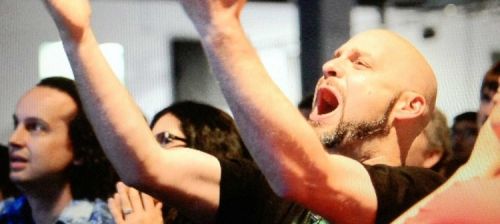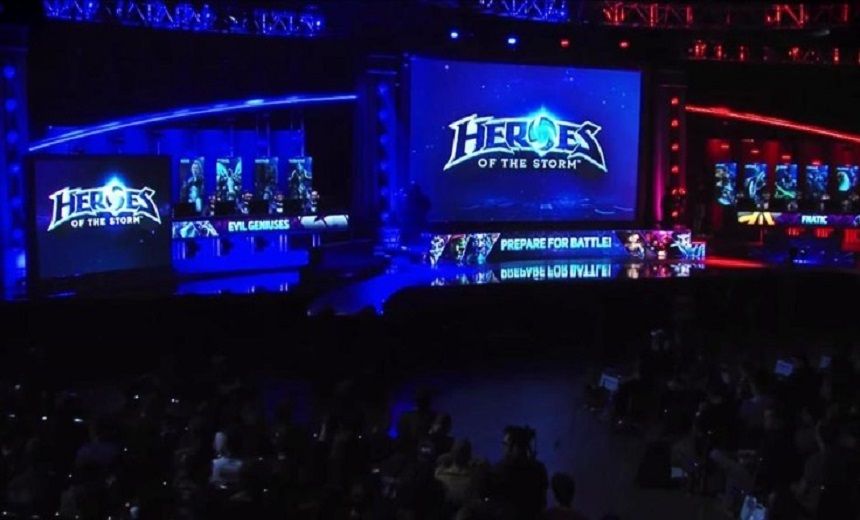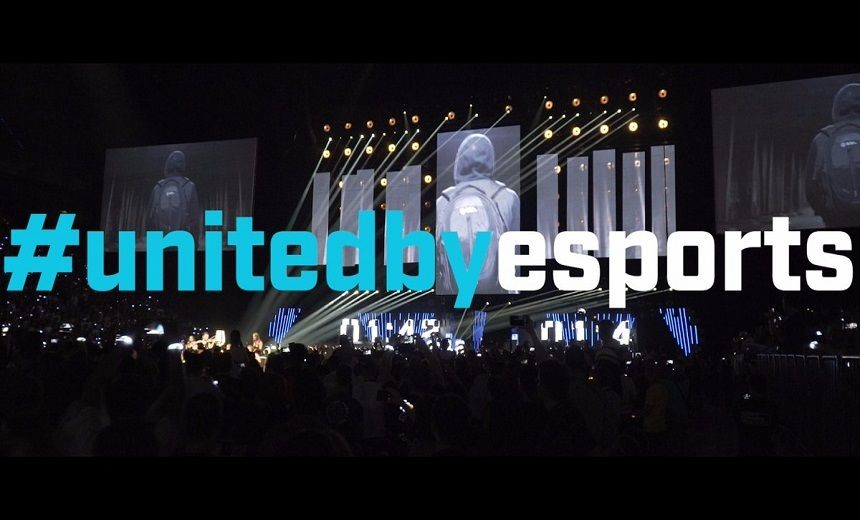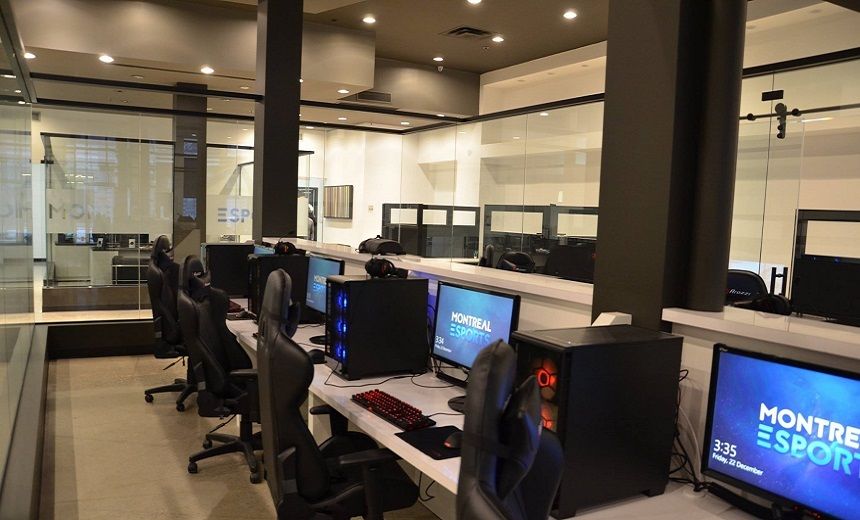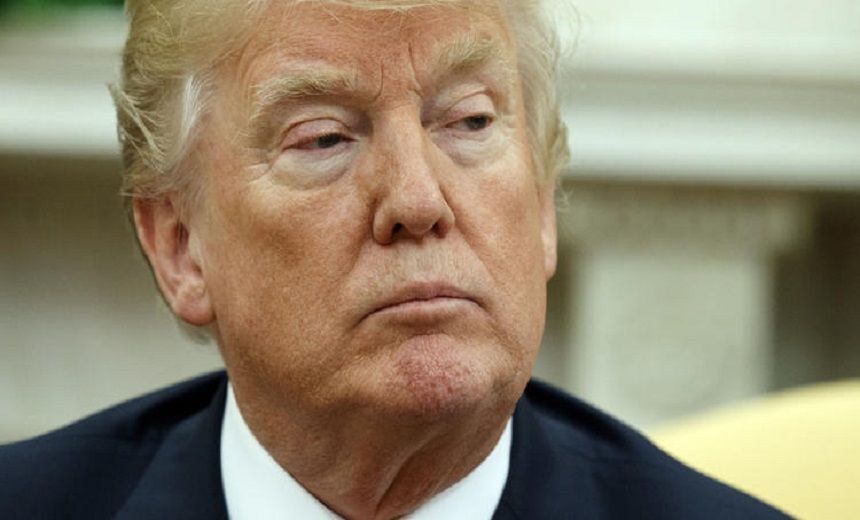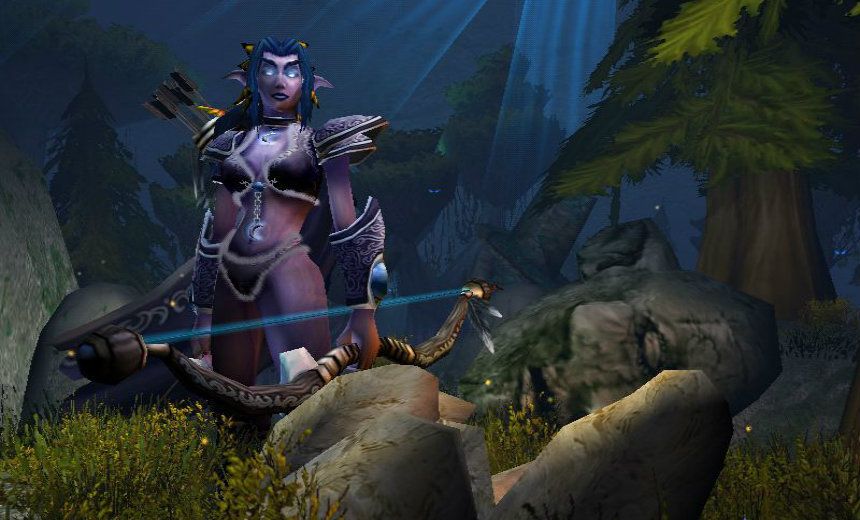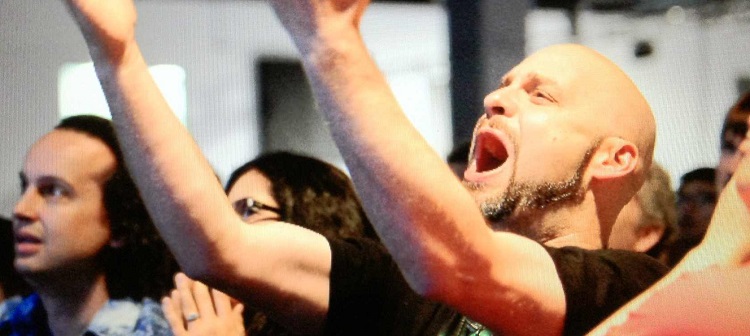
In an interview with Eurogamer, Heroes of the Storm lead designer Dustin Browder talks about his team’s pursuit towards making their game an enjoyable experience and taking player hostility out of the equation.
Ever since Heroes of the Storm took shape as the new team game to watch out for, Dustin Browder and co has been very proactive in advocating one important goal of theirs – design a game where getting yelled at is not an everyday routine.
Toxic behavior has been common in games like Dota and League of Legends pretty much since their inception and it couldn’t be otherwise: working together with four other people you don’t know is sometimes impossible, even if all are pursuing the same thing. For Browder, this is something they definitely do not want to see in their upcoming game. In his interview with Eurogamer author Oli Welsh, the former StarCraft 2 lead designer states that Blizzard will “keep attacking this problem until it’s gone”.
Browder’s vision of a utopic 5v5 game is admirable but also tastes a bit quixotic. At least from a bystander’s perspective, solving social situations with game design without reserving to extremes (e.g. Hearthstone’s complete lack of chat between non-friends), borders impossible. Browder seems to disagree.
The talk naturally transitions to Heroes of the Storm’s most unique feature, the idea of shared XP between all team members. Its implementation is Blizzard’s most palpable way of promoting team work over solo-starring but is also the thing that drew a lot of criticism: if players can’t really face off one-on-one or two-on-two over some period of time, i.e. the laning phase in traditional MOBAs, how do you know who’s better?
According to Browder, however, this mechanic of Heroes’ is beneficial on all levels. Not only will it help new players get acquainted with the game without getting completely destroyed in their lane, but it will also help high-end and hardcore teams who can use this “no more laning phase” freedom to design new tactics. This is especially important for a game where most of the matches are won by securing certain objectives, which in turn require a player to leave his or her lane.
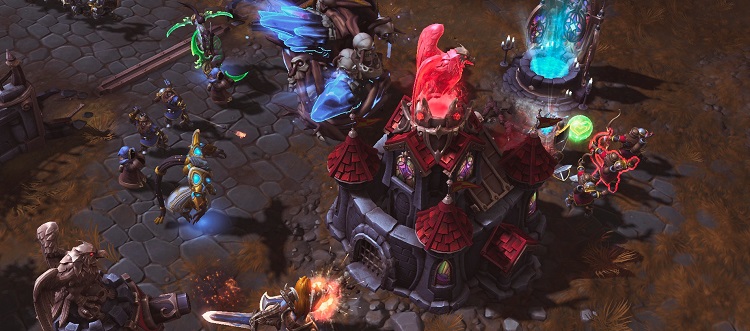
Still, Browder admits there is more to be done, both team- and individual-wise. Concerning the former, he says that even in alpha where there isn’t anything at stake, hostile players are not unseen so “there’s more work to do”. The latter acknowledges one of the biggest flaws in shared XP games – nobody can truly shine as a hero. Even if such games are supposed to be won by team effort most of the time, it’s still important to give credit where credit is due and give anyone the chance to stand out if he’s doing a fantastic job.
The final part of the interview touches community’s concerns about Heroes being too dumbed-down to ever go near hardcore eSports like Dota. With no items, no laning and seemingly simplified mechanics, there’s all the reason for putting Blizzard’s new product in a different, non-eSports basket. This doesn’t seem to worry Browder, however, as he gives World of WarCraft’s recent developments as an example. Author Oli Welsh also points out that WoW, alongside the freshly released Hearthstone, were products designed for casual audience but developed an organic competitive scene nonetheless. And Heroes, Browder says, will have all the infrastructure to allow for something like that. Seeing how Hearthstone is enjoying five digit tournaments every month (some even before its official release) without having no tools to help eSports organizers, one can only be hopeful for Heroes’ future.

